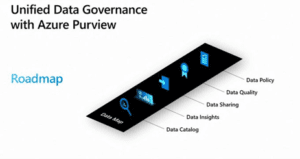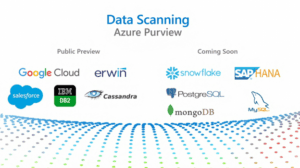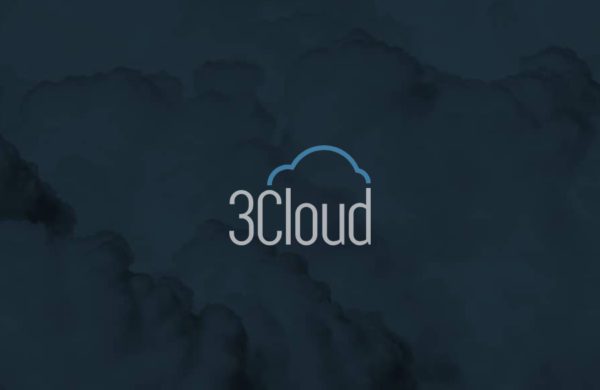On Tuesday, September 28, Microsoft announced the General Availability of Azure Purview. Microsoft announced some incredible adoption figures – 57 billion assets across 2,300 customers! Azure adoption has been massive, and it continues to accelerate. Purview’s position as a cost-effective tool highly integrated into the Microsoft ecosystem is a driving force for companies to at least try it out, if not standardize on as the data catalog of choice.
Purview is designed to help organizations maximize the business value of their data, by making this data easily discoverable and understandable to users, while simultaneously complying with any defined corporate security policies. Purview removes boundaries for traditional organizations to capture and visualize valuable metadata across their on-premises and/or cloud data estate. The tools for exploring this estate are integrated into Azure and across other Azure-based applications, allowing for automated data discovery and scanning supporting 35+ data sources and over 200 classifications.
Of the great content presented, two mentions during the presentation stood out specifically. The first was a reference to a roadmap of additional data tools that will be a part of a larger data governance suite. It seems natural that a data catalog would only represent the first step in the product roadmap since a catalog is often the first step of an organization’s data strategy and governance journey. It was great to hear Microsoft’s commitment to spanning the full gambit of functionality necessary to support governance. Future areas specifically identified on that roadmap were Data Sharing, Data Quality, and Data Policy. We assume that Data Sharing will represent some form of interactive data access capability within Purview. Data Quality will help organizations positively impact their data assets, highlighting areas of concern and creating opportunities to narrowly focus on high-value issues. Finally, we expect that Data Policy will greatly enhance the ability of the product suite to support Data Governance. A catalog can provide associations between technical assets and policies, but we expect that a Data Policy module will vastly improve those capabilities and likely include workflows, analytics, and notifications.
The second mention was brief, but significant for users looking to expand lineage and having a significant SQL server surface area. Purview now has support for obtaining lineage based on SQL Server Stored Procedures! Lineage is typically a core focus for our customers, who want to show their users the data journey. Every expansion in Purview’s ability to obtain lineage information adds significant value and reduces the burden on the data catalog team. The ability to extract lineage from stored procedures should provide a significant boost, with practically no additional effort, to the lineage data for organizations using SPs to move data. We are eager to see this capability in action!
In addition, we are thrilled about the number of data sources available for scanning that are either recently announced or on the roadmap. Purview continues to push its data source connections to ensure that your entire data estate can be pulled into the catalog and made accessible to your data community. This will help to ensure that the Purview catalog is your primary source for understanding your data and will help to drive data literacy in your organization.
As a maturing and cost-effective platform, Purview provides an excellent entry point for organizations wishing to grow their metadata management capacity using an approachable collection of metadata collection and analysis tools. As with many new Microsoft programs, Purview regularly releases updates and enhancements to extend its capabilities and provides a robust roadmap for its future state. Please visit the 3Cloud blogs for continuing updates or reach out to us if you are interested in seeing how Purview can work in your organization.
If you have questions about Azure Purview, either how to use it or how to implement it in your organization, reach out to us. Our expert team and solution offerings can help your business with any Azure product or service, including Managed Services offerings. Contact us at 888-8AZURE or [email protected].






